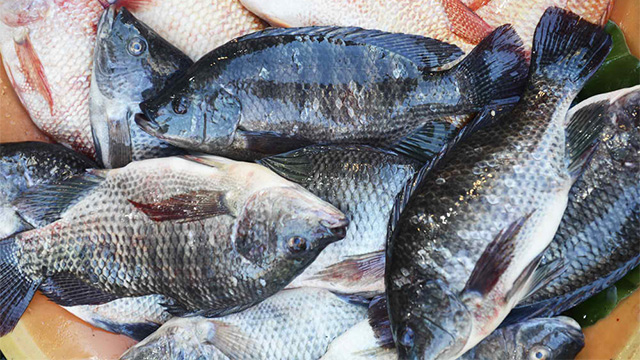Tilapia importation ban to boost local production
- Posted on
- Comment

Fish farmers in Ghana are anticipating better prospects for the local fishing industry following the ban on the importation of all ornamental fishes and tilapia species.
The ban, which took effect on July 1, 2018, is to control and prevent the spread of any virus.
Players in the local fishing industry have in the past lamented the effects the import of some fish species has had on their operations.
In an interview with Citi Business News, the National Secretary of the Ghana National Association of Fish Pond Farmers, Nana Yaw Frimpong said the government should continue to put in place measures that will help sustain and grow the local fishing industry.
“What we are asking of government is for them to help us grow the sector following the ban. You know with tilapia production, feed constitutes about seventy percent of production, so if the government can help us to manufacture our own feed it will be of great benefit to us”, he stated.
He added, “Such a move will help us cut down on our production cost which will in effect reduce the price of tilapia”.
Mr. Frimpong also explained that attaining market share for their products will no longer be a problem for local fish farmers.
He added, “When tilapia was being imported into Ghana it was normally at a cheaper price compared to what is reared locally, so marketing was a big problem for us but that will no longer be the situation”.
“Ghanaians will now depend on what is farmed here locally and definitely we are going to increase our production”.
Mr. Frimpong stated that with the necessary support from the government, the fish and tilapia industry in Ghana will be a sustainable one.
“We are ready to invest any amount into this business now that there will no longer be any import so that the industry can grow but we need all of the government’s support in order to do so”.










 (Selorm) |
(Selorm) |  (Nana Kwesi)
(Nana Kwesi)